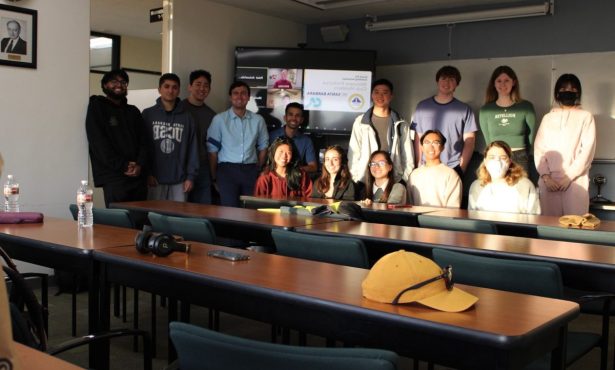A Note to Colleges: Going Test-Optional Isn’t Good Enough
The Difference Between Affording College and Getting Admitted

When we look back on this period — when this pandemic is over, and life has returned to “normal,” and we have the opportunity to reflect — we’re going to have some questions about the choices our higher-ed institutions made. Or, in some cases, refused to make.
One such choice is whether to dispense with standardized test scores as a criterion for admission during a period when nearly all standardized test sessions have been canceled.

This seems like a simple enough decision to make. If a preponderance of students can’t even sit for an SAT or ACT exam, they won’t have any test scores to report. The obvious and equitable move is to remove the test score from the equation.
And yet, the vast majority of four-year colleges have not adopted such a “test-blind” policy; rather, they have opted for the more flexible “test-optional” approach, allowing students to decide whether to submit their scores and claiming that applicants who do not submit scores will not be penalized during the application review.
While this will theoretically make the admissions process fairer, it does nothing to address a critical inequity between privileged students and their low-income peers.
For the latter group, standardized test scores are not just a factor in college admission, they are also a critical component of the merit-aid process — school-specific scholarships that hinge on grades, test scores, and extracurricular accomplishments for eligibility. For low-income students, a strong SAT score is not just a way to gain admission to college, but a way to afford college.
Get the top stories in your inbox by signing up for our daily newsletter, Indy Today.
As Director of a program that works with precisely the sort of students who will be impacted by this—high-achieving, socioeconomically disadvantaged students whose college prospects depend heavily on school-specific merit—this lapse is both mind-boggling and infuriating.
In fact, of the thousands of four-year colleges in the United States, only a few dozen have decided to go test-blind. Colleges have been so reluctant, in fact, that it has fallen to the courts to set things right. Last week, a superior court judge ruled that, due to unequal access to testing sites, the UC system cannot use standardized test scores in admission and scholarship decisions.
We won’t understand the full impact on admission and merit aid until we can examine the data next year, but we do know enough to be extra cautious this year. With that in mind, here is what I am advising students who need merit aid to afford a four-year college experience:
• Apply to a range of Cal State and UC schools, where test scores have been removed from the equation.
• For private universities on your list that are factoring test scores into decisions on merit aid, do as much as you can to strengthen the rest of your application. Be sure not to underreport your Activities section, where you input your extracurricular and volunteer activities, work experience, and academic opportunities.
• Give your teachers and school counselor substantial information to add to your recommendation letters. Complete the parent and student “brag sheets,” and ask them if there’s any other information you can provide to assist them in this process.
• Take your essays seriously. They have always played a role in merit-aid decisions; they will be especially important this year.
• Demonstrate interest in the schools you are applying to. Sign up for interviews, attend virtual college visits that your school offers. Do what you can to convince them that you are a great fit for their campus.
• Finally, if you have strong AP scores, be sure to self report them in your college applications. According to the College Board, AP scores have a strong correlation to standardized test scores, so this is one way to indicate that you would have done well on the SAT if you had been able to take it.
This pandemic has created a difficult situation for everyone, and that includes colleges. Going test-optional was a big step for many of these schools, but it’s not enough. Adopting a test-blind policy is the only way to ensure that low-income students will actually be able to attend the colleges they’ve worked so hard to earn admittance to. As difficult as this shift will be for institutions, it’s the right thing to do. Colleges should be the ones who bear the brunt of this crisis, not the students they exist to serve.
Cassie Lancaster is the executive director of Mission Scholars, a program of the Santa Barbara Education Foundation.
Every day, the staff of the Santa Barbara Independent works hard to sort out truth from rumor and keep you informed of what’s happening across the entire Santa Barbara community. Now there’s a way to directly enable these efforts. Support the Independent by making a direct contribution or with a subscription to Indy+.




You must be logged in to post a comment.